On the morning of November 18, the 20th lecture of the Cooperation and Development series, jointly hosted by the School of Politics and Public Administration, Shandong University, the SCO Institute of Shandong University, the Institute of Public Safety of Shandong University, and the China-SCO Economic and Trade Institute, was successfully held in the central hall on the fourth floor of the South Building of Huagangyuan. The theme of this lecture was "The Theory of the Intermediate Zone and China's Strategy," presented by Men Honghua, a Yangtze River Scholar Distinguished Professor of the Ministry of Education, Director of the China Strategy Institute and School of Politics and International Relations at Tongji University. Professor Sheng Li, Specially-Appointed Professor of the School of Politics and Public Administration and Executive Director of the SCO Institute, presided over the lecture, with some teachers and students from the School of Politics and Public Administration and the School of Law participating in this academic exchange and discussion. During the meeting, Zhu Guichang, Deputy Director of the School of Politics and Public Administration, welcomed Professor Men Honghua and presented him with a souvenir.
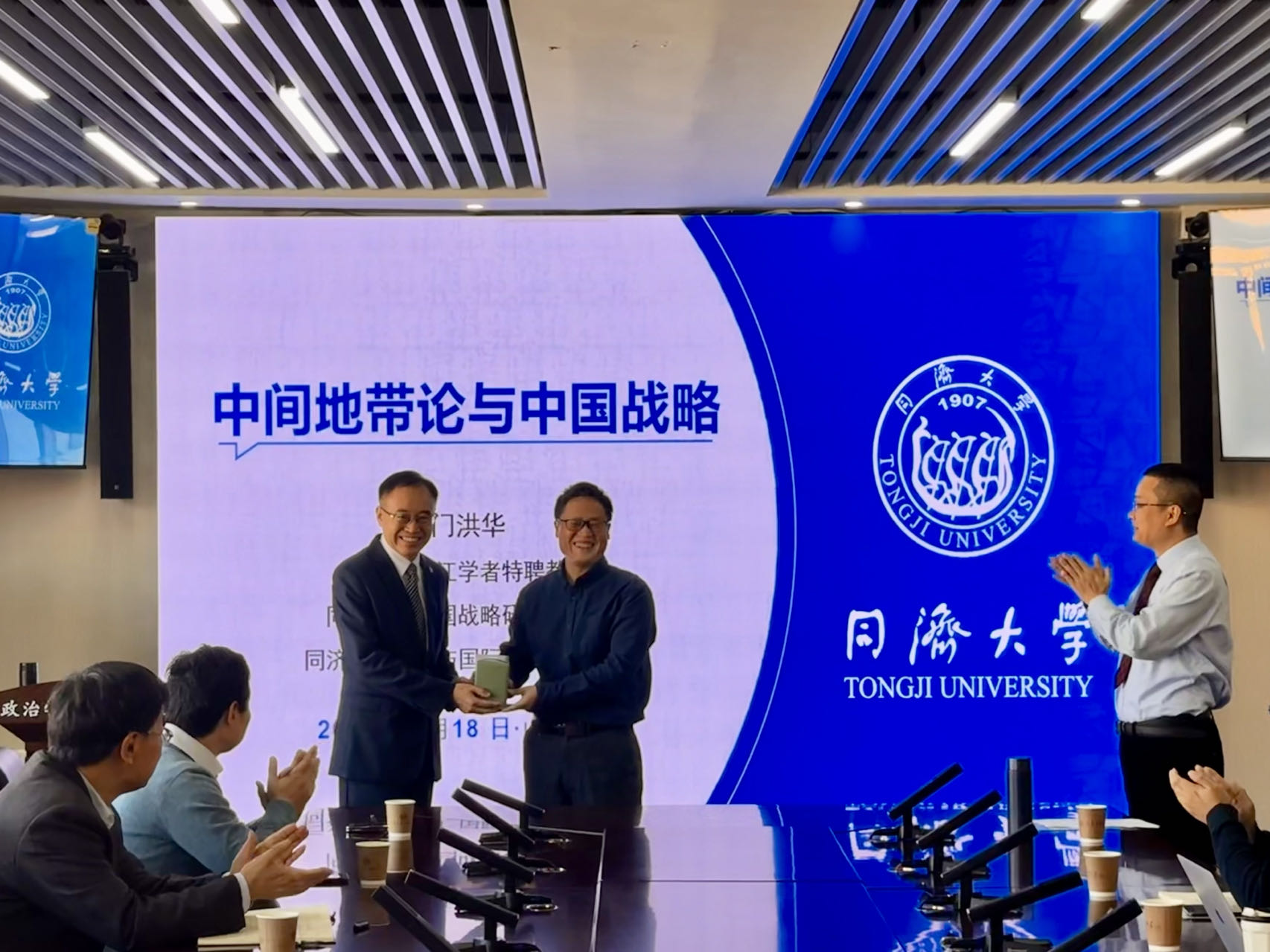
At the beginning of the lecture, Professor Men Honghua first elaborated on the definition of the intermediate zone and its importance in international relations, pointing out that the intermediate zone is a key area contested by great powers and has a profound impact on the global political landscape. Subsequently, Professor Men reviewed China's active pursuit and shaping of the intermediate zone during the transition from a bipolar to a multipolar world order, aiming to safeguard national interests and promote a just international order. Furthermore, he discussed the relationship between the Global South and the intermediate zone, from conceptual tracing and theoretical exploration to theoretical innovation, emphasizing the historical logic and practical value of the Global South as an intermediate zone. Finally, Professor Men proposed China's intermediate zone strategy for the new era, including strengthening cooperation with countries in the Global South, promoting the construction of a community with a shared future for mankind, and fostering common development and security through initiatives such as the Belt and Road. He emphasized that China will continue to uphold the Five Principles of Peaceful Coexistence and promote democratization and the rule of law in international relations to achieve fairness and efficiency in global governance.
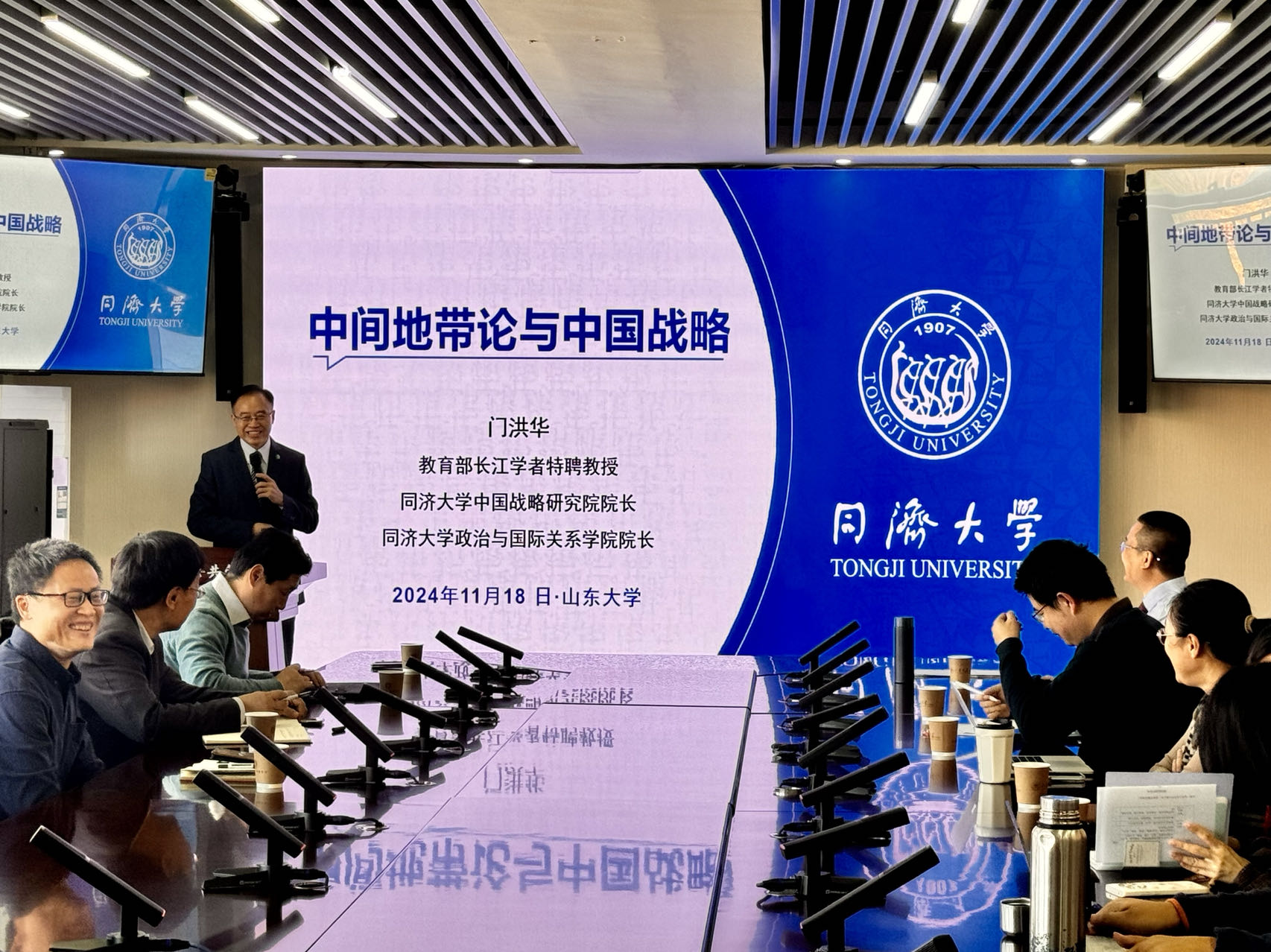
During the interactive session, teachers and students engaged in lively discussions and exchanges on topics such as the rising East and declining West in the international situation, China's relations with new intermediate zone powers, and China's strategic goal setting and strategic expression. Professor Sheng Li expressed gratitude to Professor Men for his presence and sharing, and looked forward to the prospects of China's Belt and Road Initiative and solidarity and cooperation with countries in the Global South in the new era.
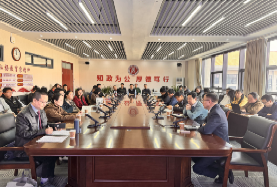

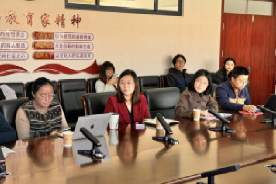
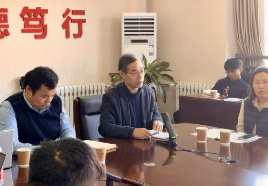
This lecture provided a platform for teachers and students to further understand the new intermediate zone in the current international situation and China's strategic responses. The School of Politics and Public Administration, Shandong University, is committed to providing teachers and students with high-quality professional discipline resources from both domestic and international sources. The school hopes that its teachers and students will continue to pay attention to the school's information and the Cooperation and Development series of lectures organized by the SCO Institute.
